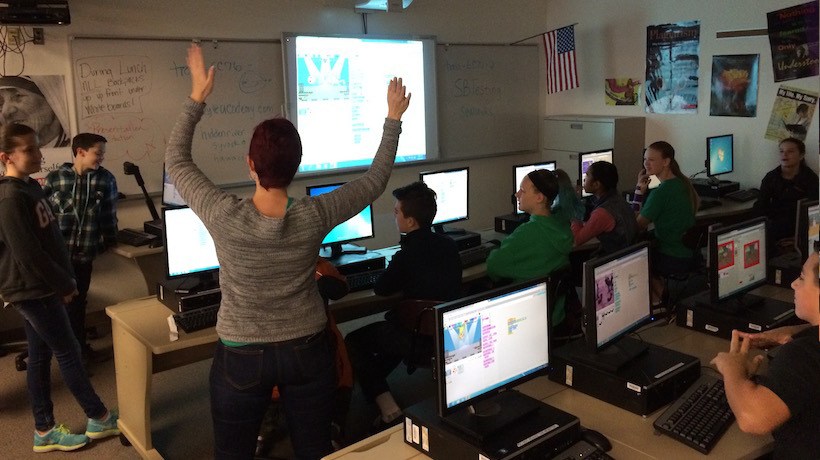July 2, 2016
K12 Computer Science: Coding Starts From Your Imagination
School-based computer science is often non-existent or fails to engage students. However, people who earn a living in computer science argue that imagination and creativity ignited their interest in coding. This article highlights ways to engage students and foster creativity in the K12 Computer Science (CS) classroom.
by Jason Rukman











